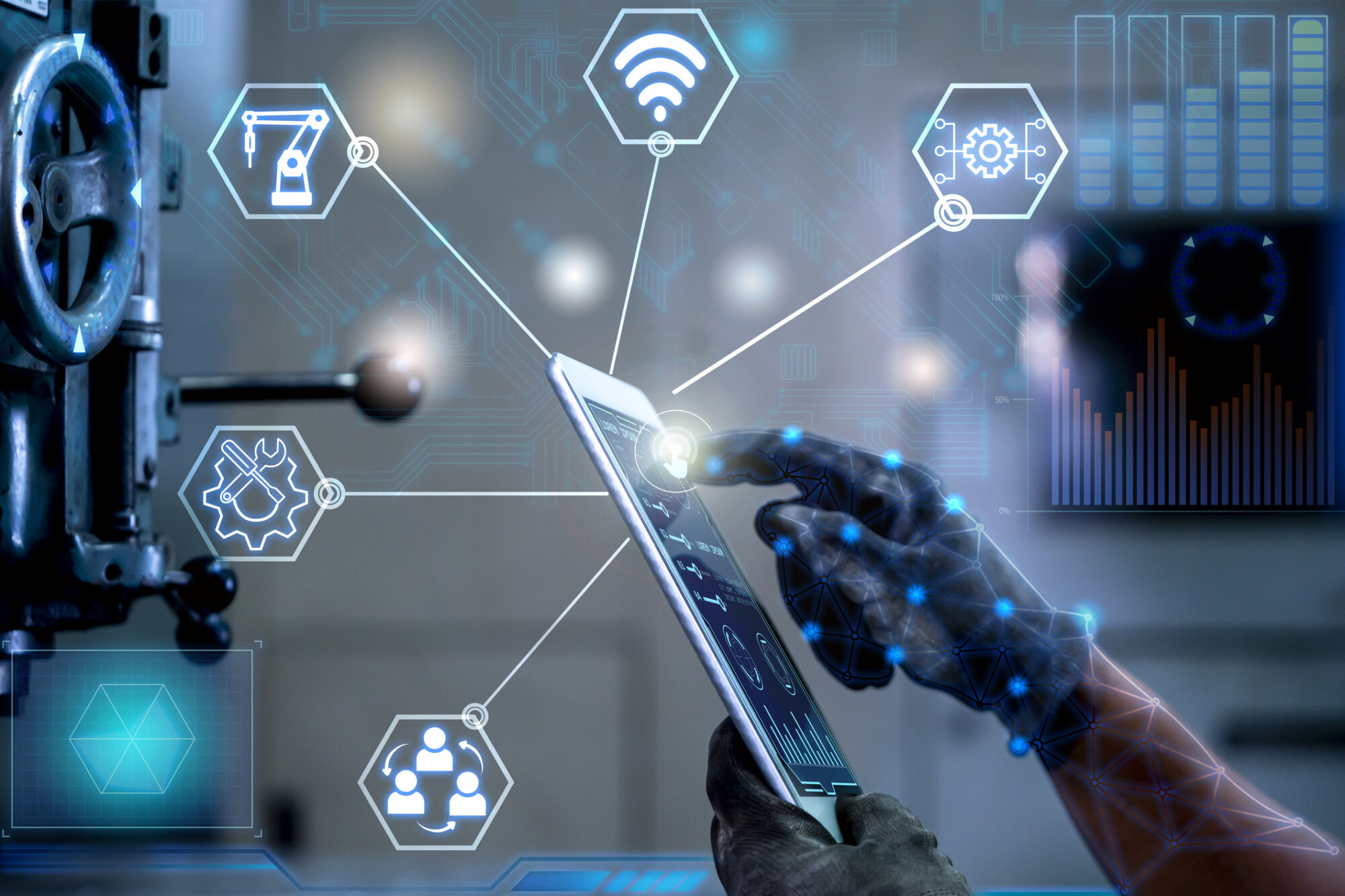How Close Is the Smart Factory of the Future?

Manufacturing is marching toward a future that is highly automated, intelligent and flexible.
Increasingly, smart factories are made up of connected machines that generate large amounts of data. This opens the door for artificial intelligence–driven analysis and new opportunities for insights on improving supply chains, processes, the customer experience, product quality and more.
But realizing this transformation can be difficult. Not all manufacturers have the resources, capital or talent required for a smart factory future. How are companies progressing on this journey, and what challenges stand in the way? To find out, the Manufacturing Leadership Council—the NAM’s digital transformation arm—conducted its Smart Factories and Digital Production survey.
Manufacturers are committed to M4.0: When it comes to digital technology, manufacturers are spending at a steady—and in some cases growing—basis.
- Nearly 69% of survey respondents said their M4.0 investments this year would continue unchanged from last year.
- Nearly 19% said they would increase investments, while just 10% said their investments would likely decline.
- Some 58% assessed their company’s digital maturity level in manufacturing operations at three to five on a scale of 10, suggesting the industry has moved beyond the initial stages of M4.0 and has reached an early majority of digital-model adoption.
How widespread are digital factories? Only about 7% of manufacturers say they have digitized their factory operations extensively.
- Approximately 15% expect to have their manufacturing operations digitized end-to-end by 2026.
- About 5% say their factories are already “very smart.”
- Approximately 53% say their factories and plants are getting smarter but are still works in progress.
In the future, will factories run themselves? While some manufacturers foresee a future of “lights out” factories, or those that mostly run themselves, most don’t think they will ever reach that state.
- About 49% of respondents expect fully or partially autonomous factories in the future.
- Some 40% say AI will be either very significant or somewhat significant in the years to come.
- Approximately 56% cite organizational resistance to change as the top barrier to implementing a smart factory.
For more details on these findings and the impact of smart factories as a whole, read the survey report: Smart Factories Are Still a Work in Progress.